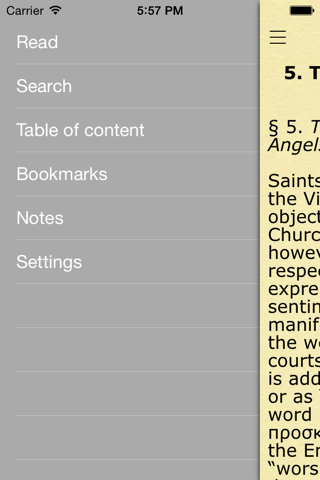
Systematic Theology (Christian Theology)
Systematic theology is a discipline of Christian theology that formulates an orderly, rational, and coherent account of the Christian faith and beliefs. Subdisciplines are dogmatics, ethics and philosophy of religion.
Systematic theology draws on the foundational sacred texts of Christianity, while simultaneously investigating the development of Christian doctrine over the course of history, particularly through philosophy, science and ethics. Inherent to a system of theological thought is that a method is developed, one which can be applied both broadly and particularly. Using biblical texts, it attempts to compare and relate all of scripture and create a systematized statement on what the whole Bible says about particular issues. There are ten basic areas (or categories) of systematic theology; however, the exact list may vary slightly.
Charles Hodge (December 27, 1797, Philadelphia, Pennsylvania – June 19, 1878, Princeton, New Jersey) was the principal of Princeton Theological Seminary between 1851 and 1878. A Presbyterian theologian, he was a leading exponent of historical Calvinism in America during the 19th century. He was deeply rooted in the Scottish philosophy of Common Sense Realism. He argued strongly that the authority of the Bible as the Word of God had to be understood literally.
One of the great defenders of Calvinism, Charles Hodge is a well-known and important theologian. He taught at Princeton Theological Seminary for fifty years, and was its "principal" for over twenty-five years. He had a significant impact upon the intellectual climate of the 19th century. His Systematic Theology is his greatest work. Composed of three separate volumes, it addresses some of the most important theological questions of both that time and our current time.



